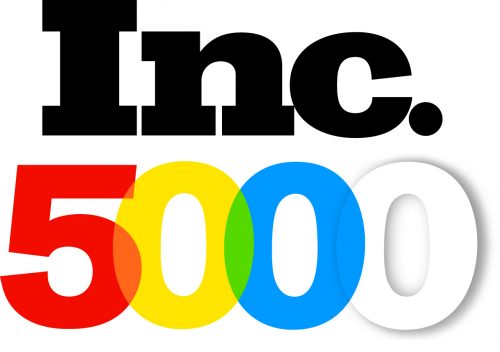So you just got accepted to college? Congratulations! With the flood of excitement about going to school, you’re probably also concerned about how to pay for your degree.
Did you know that in 2019, the average cost of tuition fees for private universities came to over $36,000? If you or your family doesn’t have the savings to pay for college, you may need to seek out private student loans.
Keep reading this guide to learn more about private student loans and get a full breakdown of your options!
What Are the Basics of Private Student Loans?
Financial institutions, like banks and credit unions, offer private college loans. There typically is not a deadline for applying for a private loan, and they can be used toward any expense needed.
You’ll likely need loans for your school’s tuition, but you also may need loans for expenses like books, computers, living expenses, and more.
Approval for a private student loan is also not based on financial need. Federal loans usually have this requirement. A private loan will likely run a credit check, and you may need someone to cosign the loan if you don’t have much of a credit history.
This is because the lender can create the criteria, unlike the federal government. This might also mean that you or your cosigner needs excellent credit to qualify for a private loan.
Are There Lending Limits?
Federal loans have a strict borrowing limit and typically max out around $7,500 for students who are dependents. But private loans don’t have these limitations. Many lenders allow you to borrow the full cost of your tuition and other fees.
This all depends on the lender and the loan you receive. Some lenders do have limits, usually lifetime limits. This will depend on the type of student loan you’re receiving.
Pros of Applying for Private Student Loans
Depending on your financial situation, there could be a lot of pros to borrowing a private student loan.
If you receive some federal funding to pay for your college or university, you could use a private loan to supplement any additional funds you need. Again, this may mean taking out a loan to pay for expenses like an apartment or for a new computer.
Another benefit is the timeline. If you delay filling out the FAFSA (Free Application for Federal Student Aid), you may be worried about getting funds for school on time. There are many private student loans that you can apply for online and which will give you an answer quickly.
Private loans are also available for part-time students, especially if you are only taking one class at a time. In comparison, this can be an issue for federal loans, which require you to stay enrolled for at least half of the time.
There is a wide market for student loans, which allows for there to be competitive interest rates. So, it’s important to do your research to ensure you’re finding a private loan with a low-interest rate.
Cons of Private Student Loan Debt
It’s important to also be aware of any possible drawbacks. Taking out a private loan is a big financial decision, so you need to remain informed throughout the process.
One of the biggest issues borrowers tend to have with private loans is the limit to repayment options. Federal student loans often allow students to have long repayment timelines with smaller payments.
But private lenders are typically looking to get paid back sooner. The timeline for repayment might be shorter, with large payment plans. This will, of course, depend on the lender you choose.
Private loans also have traditional repayment plans, which don’t account for income. So if you graduate and take a low-income job, you may run into difficulties paying back your loan.
How to Choose a Private Lender
As with any financial decision, it’s important to research the market before signing anything. This is especially true for private lenders, as you may be able to avoid some of the cons listed above by choosing a lender that will work best for your situation.
Compare loan options from different lenders, including different types of financial institutions. While you’re looking, keep the rates in mind.
Some lenders offer the choice between a fixed rate and a variable rate. A fixed-rate will be much easier to understand for your future since it will remain the same throughout the loan term.
You should also search for competitive interest rates. These rates will determine how much you’re ultimately paying for your loans.
Look at the lender’s reputation on various sites like BBB (Better Business Bureau). You should also ensure that the lender is compatible with your school. Not all student loans work for every program.
Some lenders also offer benefits which will make repayment easier. There might be discounts or other programs that you can sign up for to make the transition better once you graduate.
Consolidate Student Loan Debt
Keep in mind that when looking to pay back a private loan, you can always consolidate your debt. This means you’ll only have one loan payment, and can help you to keep track of your loans.
Refinancing may also be an option while you consolidate the debt. If you have a strong credit score and steady income, ask about refinancing options. This option might help you to have more manageable payment plans with a different timeline.
Deciding Whether to Apply for Private Student Loans
Applying for private student loans is a major decision for your future. It’s important that you consider the benefits and downsides while doing your research and comparing lenders. Remember to also seek out consolidation and refinancing options during repayment!
Click here to contact us and learn more about how we can help you consolidate your student loan debt today!




